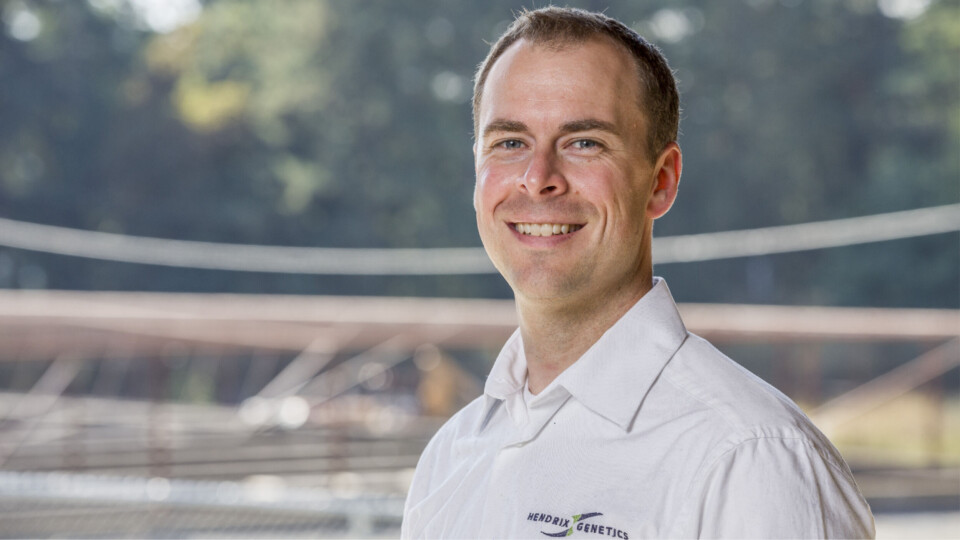
US aquaculture alliance brings geneticist on board
North American fish farming lobby group the Northwest Aquaculture Alliance (NWAA) has appointed geneticist Kyle Martin to its board of directors.
Martin is senior geneticist at global animal breeding and genetics company, Hendrix Genetics, parent company of Washington State-based Troutlodge and Hawaii-based Kona Bay Shrimp, where Martin focuses his expertise. Troutlodge is the world’s largest supplier of eyed rainbow trout eggs and Kona Bay supplies genetically selected whiteleg shrimp globally.
“The NWAA is instrumental in promoting the truth about aquaculture and the crucial role it plays in providing a healthy protein source to our region and the world,” said Martin, a graduate of Washington State University.
“I look forward to serving on the board of directors and am grateful for the opportunity.”
Jim Parsons, NWAA board president and chief executive of Native American-owned oyster and geoduck farmer Jamestown Seafood, said the Alliance welcomed Martin’s addition to the board, citing his international reputation as a geneticist and his understanding of the role science plays in the responsible production of aquatic foods.
“The voice of the scientist is essential when we talk about aquaculture,” said Parsons, a former boss of salmon and trout farmer Cooke Aquaculture Pacific.
“Kyle Martin is not only an expert in his field, but he is also an excellent spokesperson for the industry - which is needed now, more than ever. We are pleased he has agreed to serve on our leadership team.”
Industry under threat
The NWAA promotes aquaculture in the Pacific Northwest, on both sides of the US-Canada border. The future of salmon farming in western Canada is currently uncertain due to the ruling Liberal party’s election commitment to “transition” the industry in British Columbia away from open net pens which anti-fish farming activists and some First Nations blame for a decline in wild salmon populations.
The government is maintaining its stance, which threatens thousands of jobs, despite nine studies from government scientists which show salmon farming poses no more than a minimal risk to wild salmon.























































